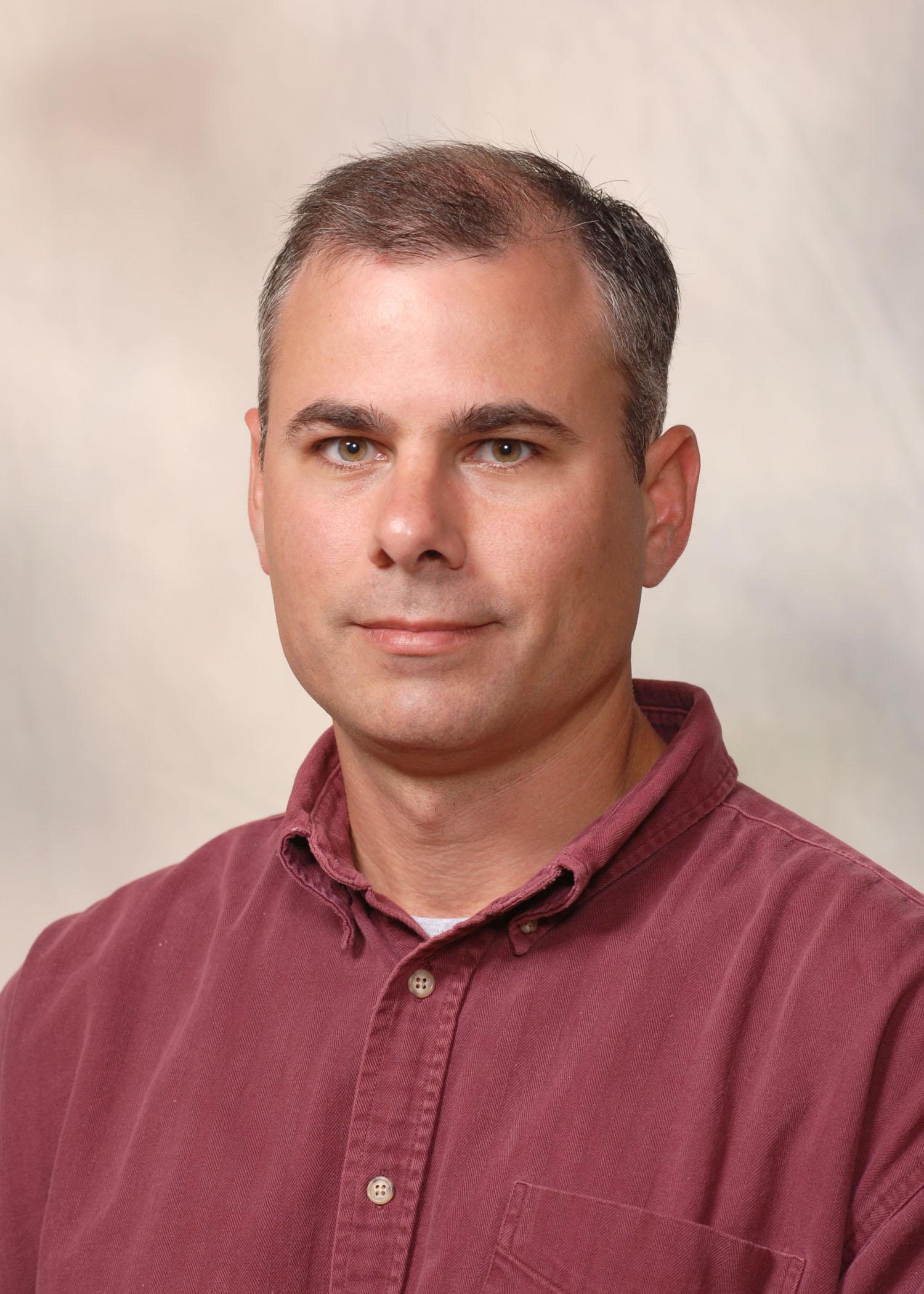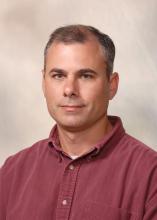Information Possibly Outdated
The information presented on this page was originally released on June 6, 2013. It may not be outdated, but please search our site for more current information. If you plan to quote or reference this information in a publication, please check with the Extension specialist or author before proceeding.
Four MSU ag experts join new LEAD21 class
MISSISSIPPI STATE -- Four representatives of Mississippi State University’s Division of Agriculture, Forestry and Veterinary Medicine will participate in a national program targeting future agricultural leaders.
MSU faculty selected to participate in Leadership Development for the 21st Century: Linking Research, Academics and Extension include
- Chris Boyd, associate Extension professor of environmental ecology, based at the Coastal Research and Extension Center in Biloxi;
- Rita Green, family resource management agent with the MSU Extension Service, based in Grenada;
- Wes Schilling, associate professor of meat science, sensory science and food chemistry in MSU’s Department of Food Science, Nutrition and Health Promotion; and
- Sherry Surrette, head of the MSU Central Mississippi Research and Extension Center in Raymond.
The program, known as LEAD21, is intended to meet the future needs for leadership development of land-grant faculty, specialists, directors, department leaders and others as well as individuals in the U.S. Department of Agriculture’s National Institute of Food and Agriculture.
MSU agricultural administrator George Hopper has been an advocate for the LEAD21 program and the nominator of past and present participants. He serves as dean of the College of Agriculture and Life Sciences, dean of the College of Forest Resources and director of the Mississippi Agricultural and Forestry Experiment Station and the Forest and Wildlife Research Center.
“The goal of the program is to develop leaders in land-grant institutions and their strategic partners who link research, academics and Extension efforts,” Hopper said. “MSU is a recognized leader nationally in those areas, and we have individuals who have contributed to our strong institutional reputation. This program enables us to identify future leaders who will help us continue our agricultural mission.”
The five core leadership competencies include developing self and others, leading with integrity and values, resolving conflict, fostering collaboration and managing change. Additional topics include communicating effectively, valuing diversity, developing a deeper knowledge and appreciation of higher education, and developing and managing resources.
Tim Walker, an agronomist and rice breeder at the MSU Delta Research and Extension Center in Stoneville, said participating in the LEAD21 program last year gave him a better understanding of his skills.
“The program revealed my strengths and areas I need to improve. I gained an understanding of different styles for organizing a team and leading people,” Walker said. “All the participants will gain self-awareness that will help in all relationships.”






